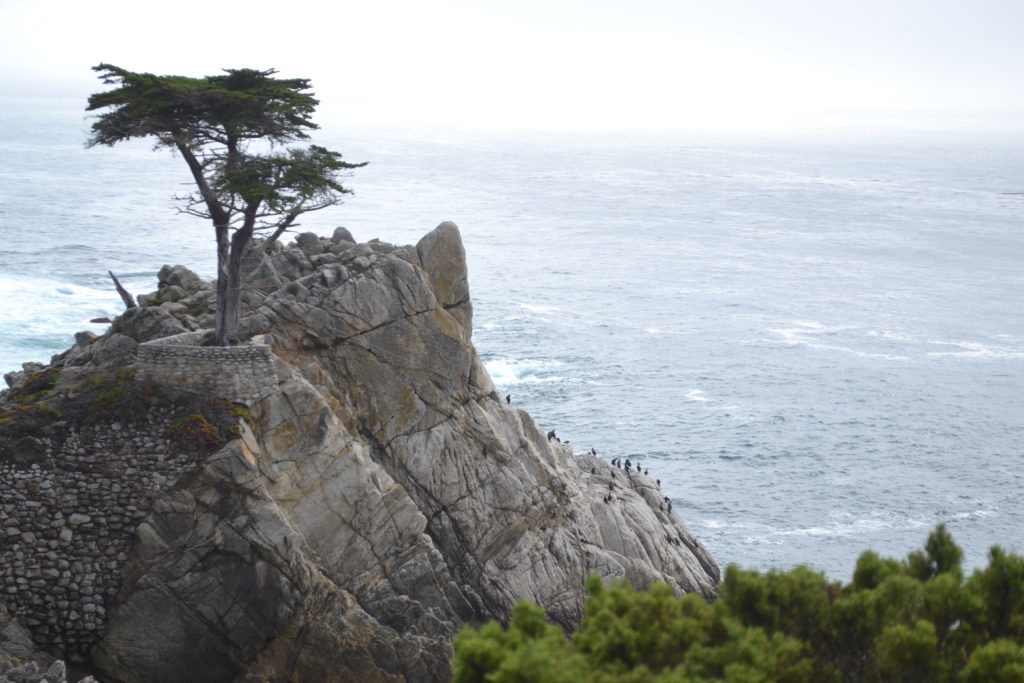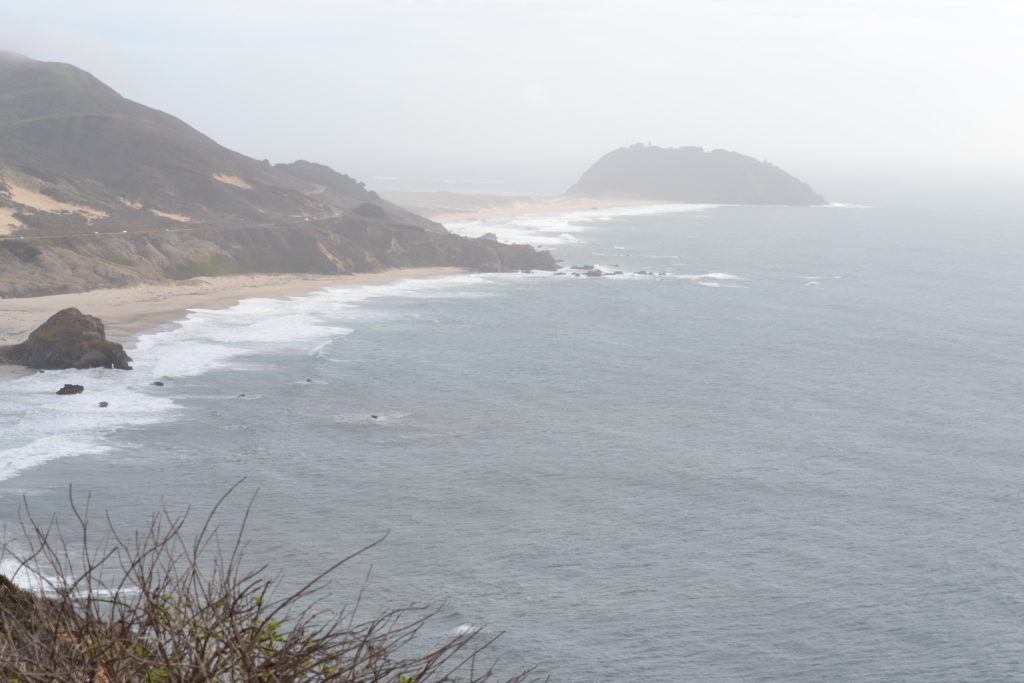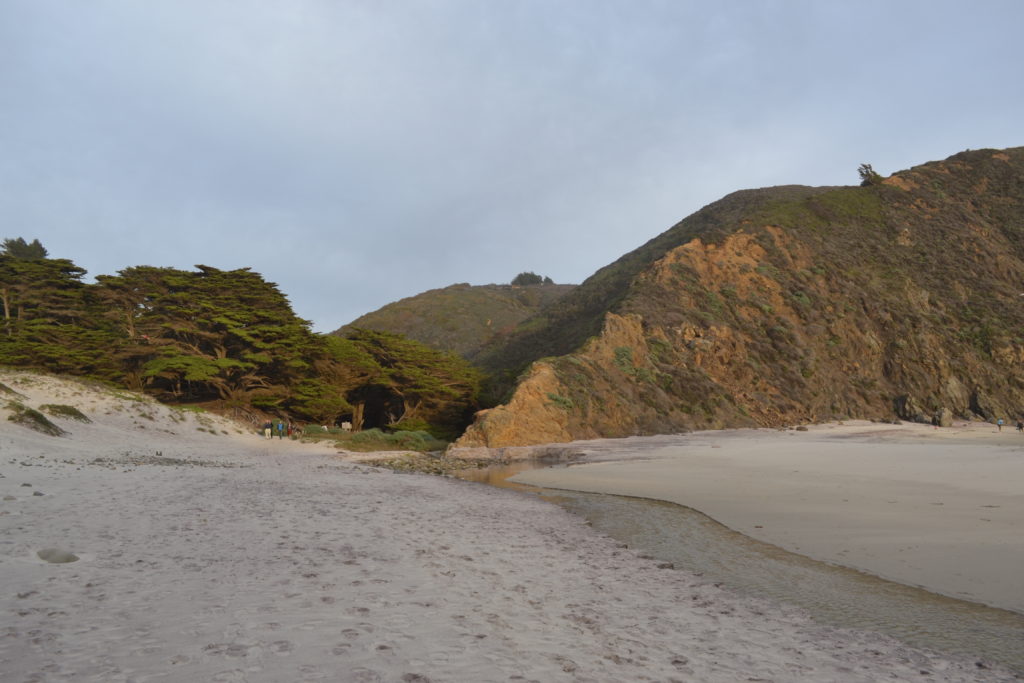There is a central craving built in to the array of our emotions. Its opposite is loneliness. My thesaurus lists the antonym of “loneliness” as “happiness”. It makes the case for me. In a true lexicon, dry and linguistic, the opposite of loneliness would be a word such as “affection”, “love”, “closeness.” But there is really no one word to capture this absence of loneliness, this magnetic pull at the core of our humaness. Our sense of feeling close to others, understood by others, respected by others, worthy of sharing with others is so central to our sense of well-being that its lack is defined purely as the absence of happiness.
Yet, here we are, constructing loneliness, literally. We see its result reflected in all the choices we are making. It is almost as if we have accepted that the natural result of affluence, gained now at such cost in a world where resources are dwindling, is isolation, which we must then protect at all costs. I see the presence of this conviction as I take my walks through what was, until fifteen years ago or so, part of rural America. The result of affluence here has been that those who have it, and work long, long hours for it, want big houses, filled with comfort and luxury, surrounded by space which keeps them separate. In that space food used to grow. People worked together to produce it, even though the advent of cheap petroleum as the central slave allowed for less human cooperation. Now it is a safety zone, an isolation bumper.
The children in these houses are extremely lucky if they have siblings to play with. Each set of parents initially erects, at large expense, a playhouse with swings, slide, and other doo-dads. Sometimes it seems a kind of lure in hope that other children will come over for “play dates” and their children will not be lonely. This rarely happens. As the children grow older, a trampoline goes up, more recently, by parents conscious of dangers all around, surrounded by a wall of mesh to keep them safe from the combined effects of gravity and exuberance. If there are siblings, it gets used a few times as they try to outdo each other. If it’s an only child, desultory efforts are made at mastery and then it becomes new again only on the rare occasions when a friend comes to visit.
Then an “above-ground” pool appears in summer, glorious in its newness, a representation of the deep desire to be outside in water, in nature, and for children to find joy together. A party may be held to celebrate, with several children joining together on some sunny day for a couple of hours at a time. Screams and squeals of play can be heard. The splashing and roiling of the water is imagined from afar. Happiness. Children together. Afterwards, on really hot days during the quiet times, it’s possible the parents get in and float for a while on a rubber raft (with cup holder) after work or on weekends after riding the mower. Hard to tell. That activity would be quiet. It wouldn’t have much of a chance to penetrate the boundaries of isolation.
At houses with a bunch of young siblings, occasional laughter and fighting can be heard in the summer afternoons. Much less frequently, friends come together in a band at someone’s house. Sometimes they play a game the parents have bought for the occasion–Slip and Slide or some game “guaranteed” to get the kids outside and active. Once or twice in twelve years I’ve seen a few kids use a trampoline together. The only hold-out from this pattern observed over the years on long walks, runs and bike rides is a small farm with six home-schooled kids. When the kids were little, I saw real tricycles and wagons with kids pulling each other. Once I witnessed a picnic in the grass with everyone together, talking and laughing. Now they seem to be busy studying most of the time.
We tried initially to get to know our neighbors. Each eventually made it known in some way that they cared much more for the preservation of their own rights to enjoy themselves than they did for connection. Dogs that barked all night. Dirt bikes ridden without mufflers all hours of the day despite objections. Target practice where bullets “strayed”. We raised beautiful organic food, plenty of it. We had a farm stand. All the neighbors passed it by on their way to the local supermarket four miles away. Once or twice they stopped by in June to ask if we had corn (August or September) or in the heat of the summer to see if we had snap peas (early June). Some people came from further away but most of the beautiful vegetables in the coolers went into the compost or to the local food bank at the end of the day.
A couple of years ago, a couple moved in to the lavender farm up the road. Soon his sister and a friend joined them from Massachusetts where her husband had recently died. We struck up a friendship based on shared interests. We remembered that habits of connectedness in other parts of the vast territory that makes up America are different from what we have gotten used to here. People drop by. They actually come to dinner when they say they will. They believe in reciprocity. We have made those connections richer over time. There are other friends who understand the natural laws of connection, but they are the few, the exceptional.
When we were hunter-gatherers, we lived in bands. We worked together most of the day, some of the time with our own gender but much of the time with the whole group. We fought occasionally with other groups for resources or because we became angry, one family, one band, with another for some breach of conduct, some insult. With the advent of agriculture, many things changed, the most salient being the centralization of power, but we still worked together. Wars got bigger and bloodier. Slavery increased dramatically. With the industrial era, people congregated increasingly in cities where it became easier to exploit them in mass. The long dreariness of work days where people could not talk together created more and more isolation of individual from individual, individual from family, family from community.
As we have learned how to consolidate wealth, we admire those who have it and acknowledge their need to isolate from the rest of the community as only necessary protection. We understand that people will want to grab some of those resources if they can. Those resources give you power and justification in the world. Through this understanding we have absorbed the sense that the more money we are able to pull into our sphere, the more we need to distance ourselves from others to protect what is ours. Thus, the more we have, the more isolated we become, exempting only those who have enough resource themselves to allow for admiration but not a dangerous level of envy. Those made too desperate by the weight of the system become outsiders, wafted by the winds of exclusion.
Even now, when so many people are so stressed by the insecurity of life in society, drained by the work they must put in day after day just to keep from moving backwards, we hold on to the habits of protection, just as we hold on to the hope that just around the corner the economy will shift, we will have money in our fists and a job for life. In our exhaustion and distress, we have forgotten how to rely on each other. We are sold instead the “serenity” of home ownership where nothing permeates from the outside world. We are afraid to trust to connection, especially when we know most of those around us are secretly as desperate as we are. In our isolation, we have become malleable to the forces of fear.
In the cities of the US, the children of relative affluence come together to play in playgrounds, safely guarded by parents. In contrast, it is in the neighborhoods where there are no playgrounds and parents have little time and energy to watch over their children that they play together in the streets. Their lives are full of conflict and stress, danger and fear. They are increasingly isolated in these imposed communities by the fear and protectionism of those of us holding on more and more tightly to what we have. They have much to struggle through to survive, just as most humans have over the millennia. Some are lonely, others are not. But, of necessity, they know each other’s struggles, each other’s families, each other’s weaknesses, each other’s strengths. Are we safer with this connection or without it?



